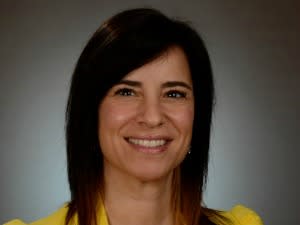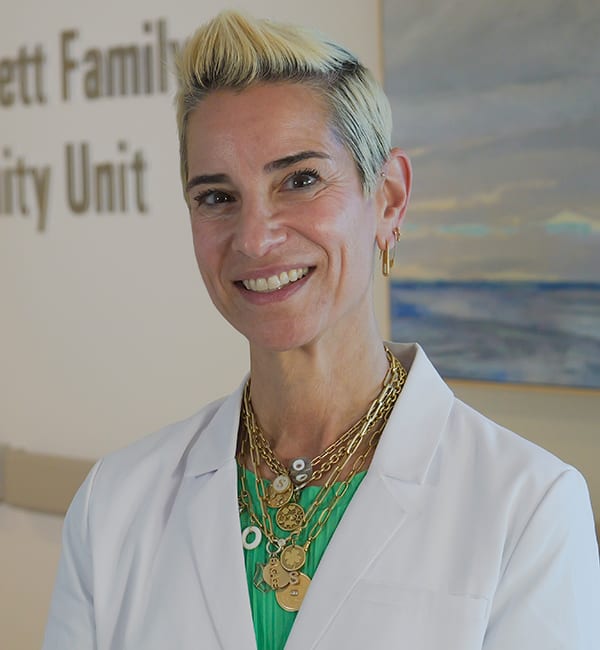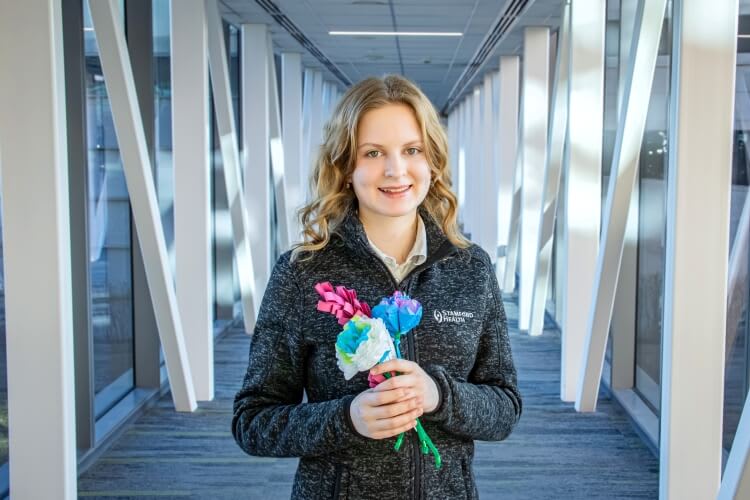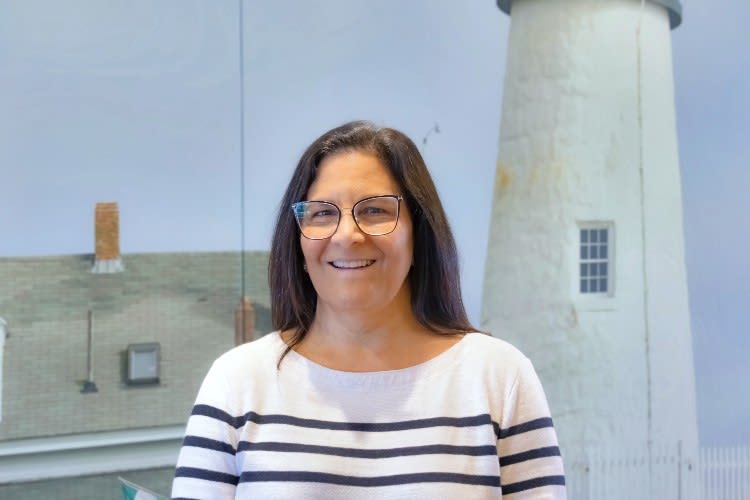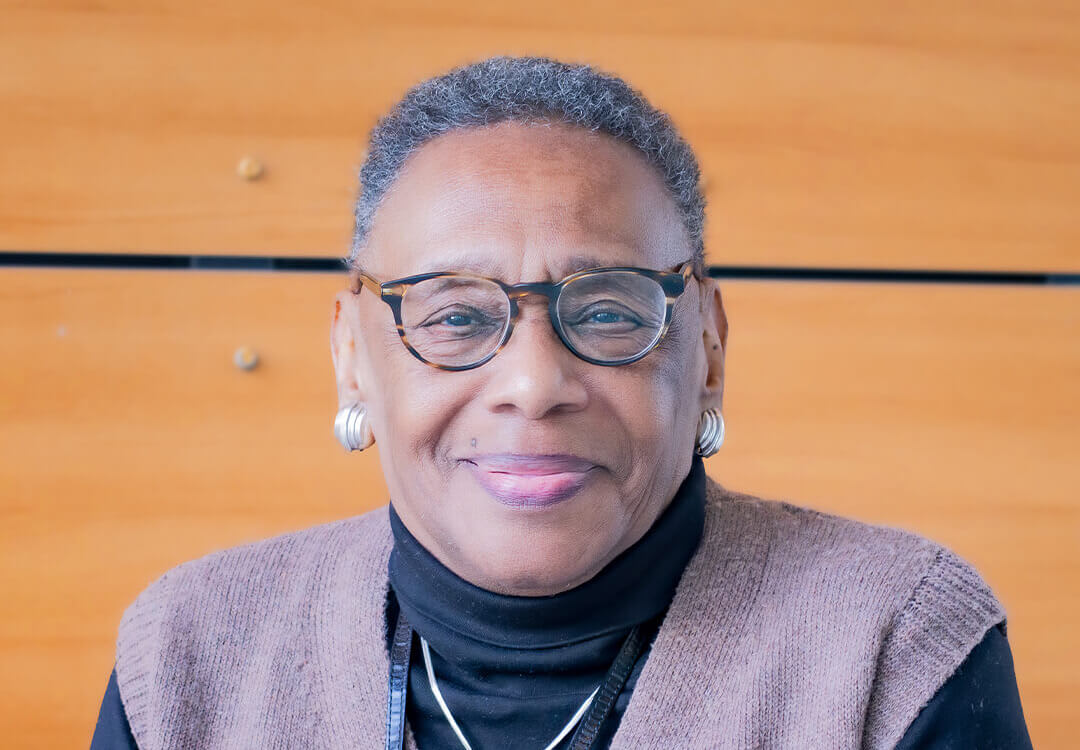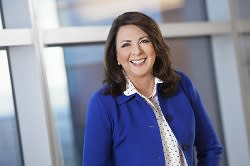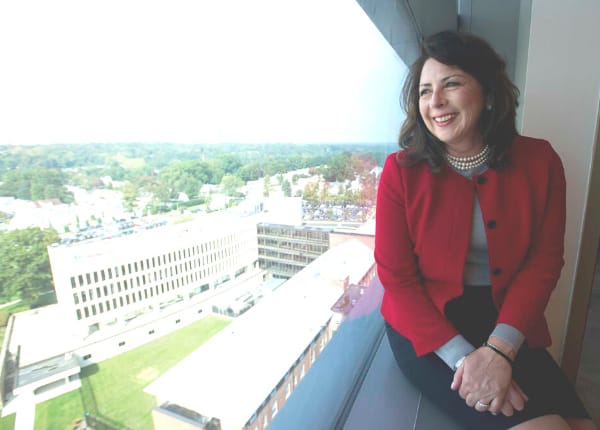By Shieva Ghofrany, MD
Do you find that people don’t know exactly what an ob/gyn does?
I’m surprised sometimes when people say “wait—you operate? We thought ob’s only deliver babies?” Your ob/gyn likely delivers babies (both vaginally and by c-section) but also takes care of women of all ages (anywhere from 12-100 yrs old!) for various reasons relating to their general health, their reproductive tract and their female hormones as well as sometimes acting as your “primary care” doctor…and along with that comes certain gynecological surgical procedures like hysterectomies, ovarian cyst, uterine polyp or fibroid removal, and tubal ligations among others.What should patients look for in their ob/gyn?
I tell patients that they should find a practice, whether solo or group—that they first and foremost KNOW is good—they can ask their general practitioner or call their hospital for recommendations, And then they should be sure they really LIKE the practice—ultimately if you are not happy when you walk into that office then you will be less likely to get the care you really need on the physical AND emotional level. I tell patients that hopefully, for example, their pregnancy will be uncomplicated, in which case let’s have fun! And if, on the other hand there are complications, you should feel comfortable enough with your doctor to know that they are addressing your issues in a way that you can understand. Either way, knowing your doctor well and “liking” them is a big part of your relationship and can effect your care.Do you think there is misconception about teaching hospitals?
I often explain to patients that teaching hospitals are good places to be—while the general impression is “I don’t want to be ‘practiced’ on”—I dispel that idea by explaining to them that the resident/attending relationship will BENEFIT them greatly. The residents keep up with a lot of the newest protocols that are VERY hard for a private physician to know as they change constantly—and in exchange for some of the “newest” info the residents get clinical experience from us in a VERY supervised way.What do you see as one of the biggest challenges for patients today?
Outside of being sick of course, I think the WORST thing that has happened to our lives, ironically, is TOO much information at our fingertips. Being able to search EVERY single bit of medical information a patient hears about themselves, their pregnancy, their child, their pap smear, etc doesn’t seem to have HELPED allay anxiety. Much the opposite because as I remind people—when you search something on the internet and read it in black and white—the information is not being “modulated” by an educated professional and thus while (for example) having bloating MAY be a sign of ovarian cancer, it is highly unlikely and only the human interaction can help the process of understanding that while something is POSSIBLE, it is also UNLIKELY; so assuming you’re dying of cancer because you have bloating will lead to far more anxiety than would occur if you just TALKED to your physician about your symptoms. I try to encourage patients to only stick with proven medical sites like the Mayo clinic but to discuss things with their doctor before jumping to conclusions.What motivated you to be an ob/gyn?
My parents are both (retired) physicians and were VERY careful about NOT pushing me to be a doctor—because they KNOW how all-consuming the field can be—not something great if you don’t love it! I liked surgery and pediatrics (each of their fields) but in medical school was mesmerized by my ob/gyn rotation and realized that I could really bond with my patients and have long standing relationships with them AND still get to do surgery! What could be better?Featured Expert/ Author


